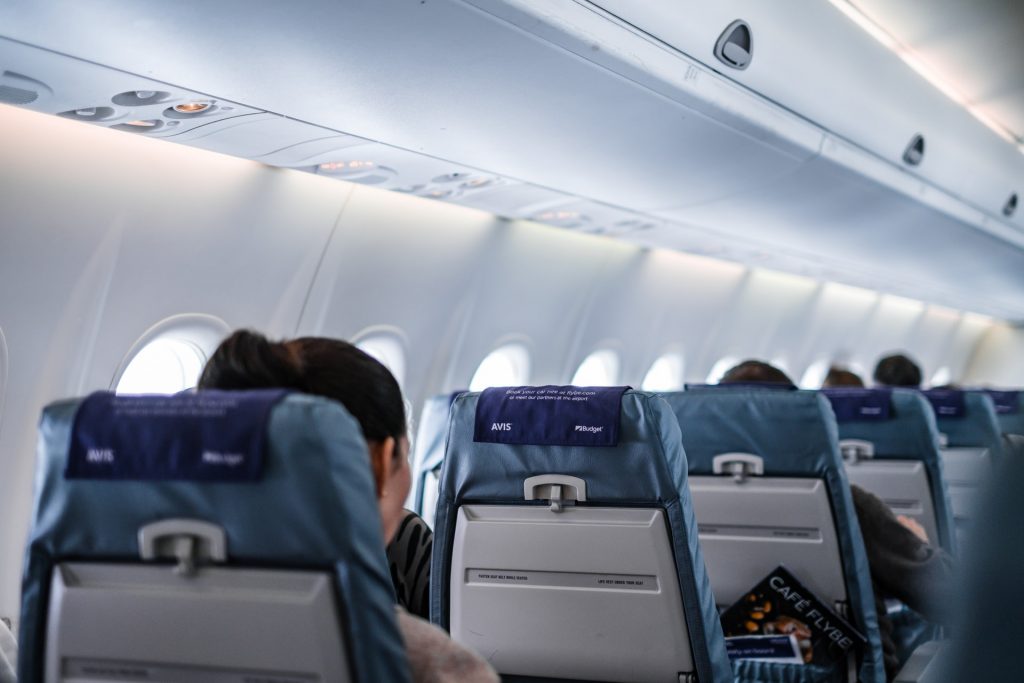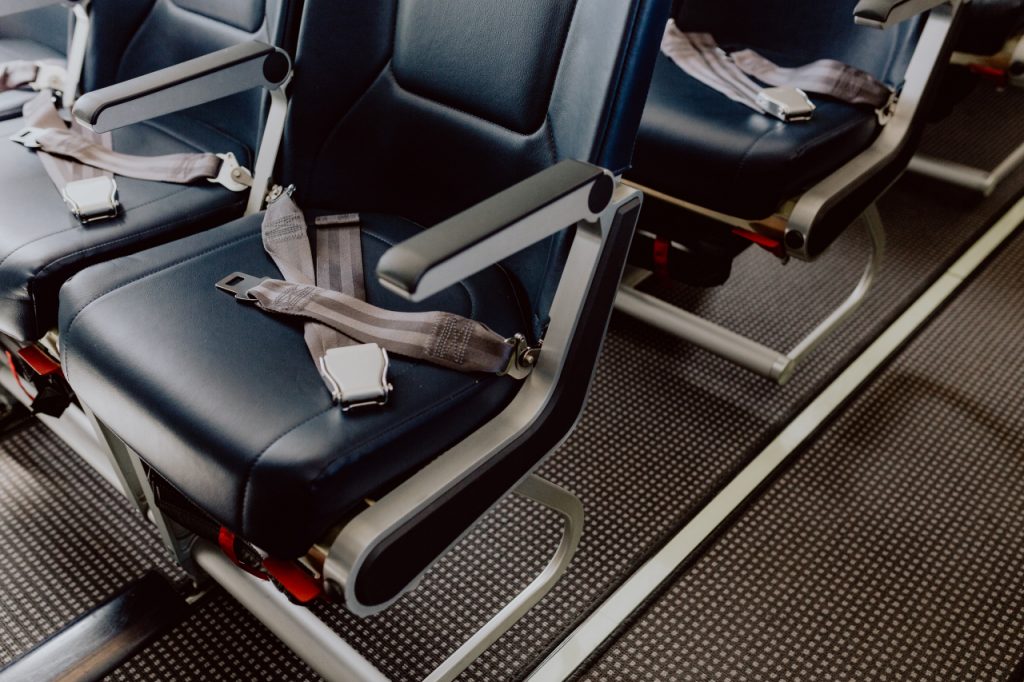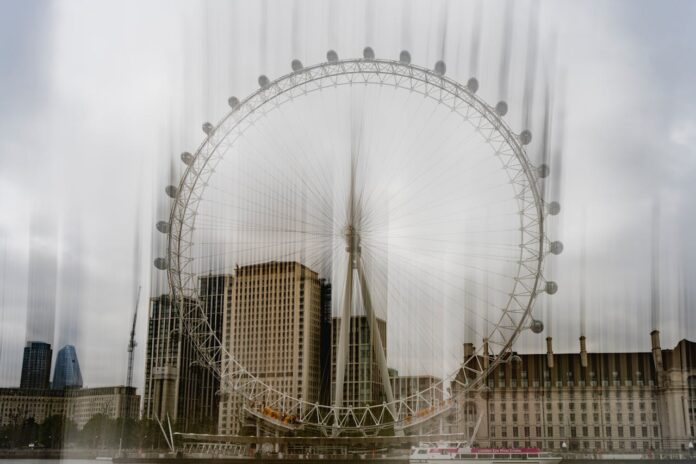
If you’ve landed on this page, no doubt you’re wondering what to do if your airline goes bankrupt. We are living in topsy turvy times. Though planes are not yet physically dropping from the sky, their profits certainly are. According to Flightright, a leading provider of airline-related compensation help due to delays or cancellations, because of the coronavirus pandemic there is a really good possibility that some airlines will go bankrupt.
This is especially the case with budget lines, like the UK’s Flybe. With further worldwide travel restrictions and bans looking inevitable, you might be worried about any flights you’ve already booked or protecting any purchases you’re planning to make for future trips. Don’t worry, we’re here to help; here’s how to get your money back from cancelled flights due to your airline going bankrupt.
PAY FOR TICKETS WITH A CREDIT CARD
Airline tickets should always be bought with a credit card, which is actually better than your debit card in cases where protection on your purchase may be needed. In the event that the airline does not fly anymore, goes bankrupt or suffers suspended routes, the CC holder will be offered a refund.
There is no obligation to make a payment when the flight does not take off. When you get your ticket from a tour operator or from a third-party travel agent, you end up dealing with them. This means getting compensation is far less likely.

CONSIDER THE LOW-COST SUBSIDIARY
When a flight is offered by a budget offshoot that does not operate anymore due to the fact that the airline is absorbed or is shut down, your money is safe. This is because the larger ‘sibling’ airline will need to honour the ticket you bought. Such upstarts that fall into this category include IAG’s Level, Iberia and Eurowings offshoots.
BUY A GOOD FLIGHT INSURANCE POLICY
Flight insurance should be mandatory in these troubled times. Whatever happens, and even if the airline goes bankrupt, insurance providers will remain in business, and we’d bet our house on that. Actually, we wouldn’t – right now nothing is certain – but you get the picture.
When the airline trip ends up disrupted because of bankruptcy or financial hardship, a flight insurance policy that covers airline-related travel delays will cover all the lost funds. However, this does not mean you can buy any policy.
Instead, you need to be 100% sure that the policy you buy covers the airline carrier you choose. Every single travel insurance agency supports flight delays and cancellations for specific airlines, so do your due diligence at the purchasing stage. It’s unlikely you’ll be able to retrospectively modify these terms because, well, when did companies ever make anything like that easy?
Another thing to be aware of is that every single policy is different in regards to terms and conditions. There are some that will cover supplier default while others do not.

HIDDEN COST CALCULATIONS
Also, it’s probably that the policy will just cover the airfare cost. An insurance payout won’t usually cover all those hidden costs which you accrued in the
KEEP ABREAST OF THE NEWS
With the rolling corona coverage right now, we wouldn’t blame you for wanting to shut off, log out and hibernate until the world looks a little rosier. But if there are problems with your upcoming travel plans, then it’s better to know about them as soon as possible.
Airline shutdowns often seem to be sudden but this is not actually the case. Several warning signs appear before this happens. For instance, statistics show there is an increase of 13% in the number of airline seats available on transatlantic flights when compared to the past year. This is important because it can signal that fewer people are flying, meaning the likelihood of cancelled flights is higher.
HAVE A PLAN
Being in another country with a cancelled flight and no clear route home is a nightmare scenario right now. Having a plan B is sensible. For instance, if you have trip protection, you need to contact your insurer as soon as possible to see what they can cover in terms of new flights.
If you do have to travel during this time, it’s wise to make a list of alternate carriers supporting your destination before leaving home. But be warned; never assume that a competing airline will help you or show sympathy; a corporate conscious, after all, only exists in the PR company playbook.
It’s better to have money set aside to get back home in the event that something bad happens. In a system which values profit over people, and wealth over health, we wouldn’t recommend believing a business will bail you out.





